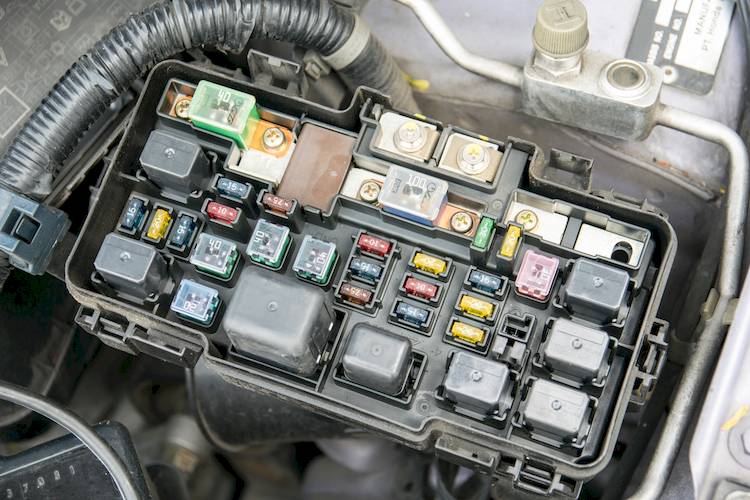

The anti-lock control relay in your vehicle operates the pump that pressurizes the brake fluid in your ABS system. It energizes the pump, which ensures that fluid pressure builds up in the ABS system. If it fails, the pump will stop operating, there will be no fluid pressure, and ultimately, the ABS system will stop working. You will still have manual braking, but it may take you longer to stop, and there is also the danger of sliding if you need to brake suddenly. Your anti-lock braking system depends on a variety of components in order to work, and if one fails, the whole system fails. That’s why the anti-lock control relay is so important.
Any time your ABS is in use, the anti-lock control relay is working. As is the case with all of your vehicle’s electrical components, the anti-lock relay control is susceptible to damage from corrosion, and ordinary wear and tear. There are signs that may suggest your anti-lock relay control has failed, but keep in mind that they can also indicate other problems, like a bad pump, or a blown fuse. They are:
- Hard braking
- No pulsing in the brake pedal during a hard stop
- ABS light comes on and stays on
For your safety, any problems with your ABS should be checked out by a qualified mechanic. A mechanic can have your anti-lock control relay replaced if necessary.



